Once upon a child how much do they pay for clothes
How Much Does Once Upon a Child Pay for Clothes? Answered
Short Answer
Once Upon a Child resells children’s items at around 70% off retail prices. It buys used items for about 30 to 40% of the resale price. That means for accepted items, you’ll receive 10 to 15% of the retail value when you sell clothes to Once Upon a Child. Below, we have the full explanation of how much Once Upon a Child pays, the types of clothing and other items it buys, and tips for selling your items.
How Much Does Once Upon a Child Pay for Clothes?
Once Upon a Child stores sell gently used children’s clothes — along with toys and furniture items — for up to 70% off retail prices. When buying used clothing for resale, the store offers sellers 30 to 40% of the Once Upon a Child sale price, depending on the age and condition of the items, according to customer service representatives we spoke with at several stores in New York, Ohio, Kansas, and California.
More simply put, you can expect to receive roughly 10 to 15% of the retail price of items sold to Once Upon a Child. For example, a clothing item that retails at $20 would sell for $6 at Once Upon a Child (70% off). You would receive 30 to 40% of $6 (which is $1.80 to $2.40) for a $20 retail item.
What Does Once Upon a Child Buy?
Once Upon a Child buys a wide range of infants’ and children’s clothing in sizes from Preemie to Youth 20. The retailer considers all clothing brands for purchase, including hard-to-sell brands like Carter’s. The store buys clothing, sleepwear, costumes, dancewear, dress clothing, outerwear, and swimwear of all kinds, including accessories.
In addition to clothing, Once Upon a Child buys:
- Babies’ and children’s footwear, including shoes, boots, dance and dress shoes, sneakers, summer footwear, and water shoes
- Toys including outdoor, electronic, ride-on toys, bikes, learning and activity toys, books, games, puzzles, DVDs, and kitchen sets
- Baby gear including strollers, booster seats, highchairs, baby monitors, bed rails, bike trailers, bouncy seats, activity centers, playpens, swings, diaper care, and potty chairs
- Furniture including bassinets, cradles, cribs, changing tables, bookshelves, table and chair sets, dressers, toddler beds, and toy boxes
All items follow the same purchase formula as clothing, offering 10 to 15% of the retail value for each item depending on age and condition.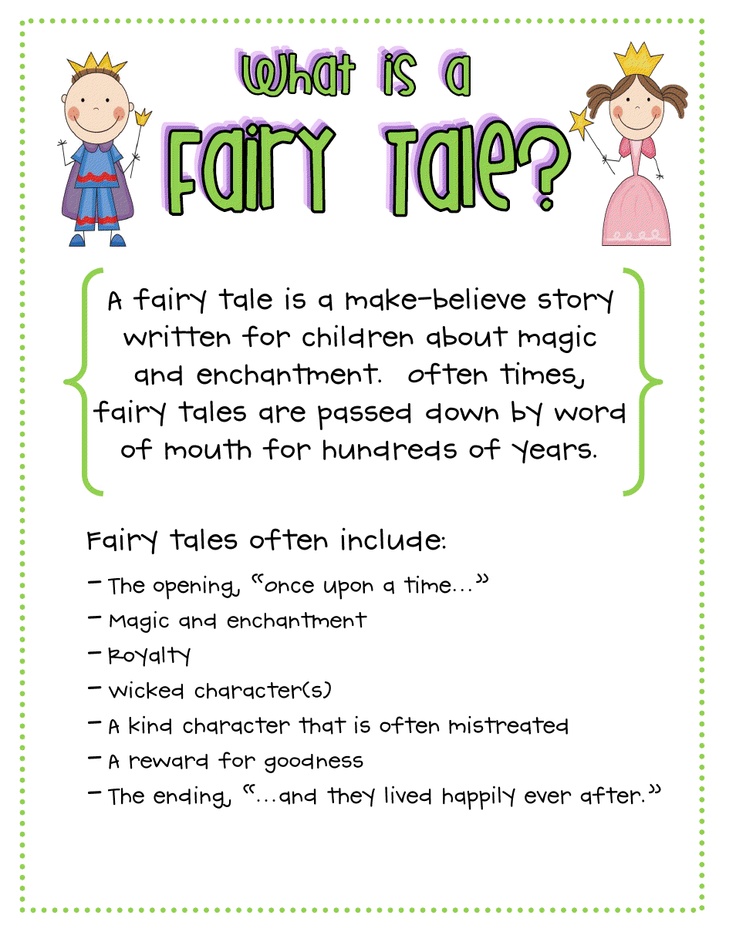
Tips For Getting the Most Money Selling to Once Upon a Child
When selling infants’ and children’s items to Once Upon a Child, the condition and age of the items are considerations in how much you’ll get for them. Clothing and accessories must have been purchased within the last five years. Other items such as baby gear, toys, and furniture are considered regardless of age but must be in good condition and meet current safety standards. The newer and more gently used your items are, the more money Once Upon a Child will offer to you.
All apparel items must be freshly washed and in good condition, with no stains or fading. Bring clothing and accessories either folded neatly or laid flat in a box or bin, as Once Upon a Child doesn’t accept items on hangers or in garbage bags. You must also present a valid photo ID when selling items to Once Upon a Child.
How Can I Sell My Items to Once Upon a Child?
Once Upon a Child buys items daily with no appointment required, and offers cash on the spot for accepted items. To sell your gently used children’s clothing and items:
To sell your gently used children’s clothing and items:
- Bring your items into any Once Upon a Child location.
- The store’s buyer will review your items to determine whether they meet the store’s current style, safety, and inventory needs.
- You will receive a cash offer for your items, which you can accept or reject. Your quote will include an overall offer broken down by item, so you can choose to sell some or all of your items.
More Information
Looking for more ways to sell baby clothes and used clothing? Check out our article on stores that buy used clothes.
Selling Used Clothing at Once Upon a Child
This is a guest review from my sister, Molly. She's full of great ideas and I love her contributions!
Recently I found myself with an abundance of of clothing my kids had outgrown. Most of it was either purchased on clearance or at garage sales, and some of it had been given to us as gifts.
There were even a few brand new items with tags still on them that I hated the thought of putting in a garage sale. With our large family, we always seem to have lots of clothing that does not fit.
With our large family, we always seem to have lots of clothing that does not fit.
I thought I would try selling these items at a used clothing store. The retailer that I chose to try out was Once Upon A Child. This is a national chain store for baby and kids resale.
We have a garage sale every year. Sometimes I make lots of money in the garage sale, and sometimes I do very poorly. If you have ever had a garage sale you know they are a lot of work! If it rains it's a bust!
I have sold my kids items on Ebay but sometimes it is not worth it. Between the money spent on listing and selling fees, and the time spent on shipping, receiving payments and simply listing the items, I sometimes question whether the payoff is worth the money and effort spent.
I have also sold items in my local classifieds and on Craigslist, but you have to check email, answer telephone calls, and you have to be home to have buyers pick up items (if they even show up!). One more problem with this way of selling is you may not even sell the items or get a decent price.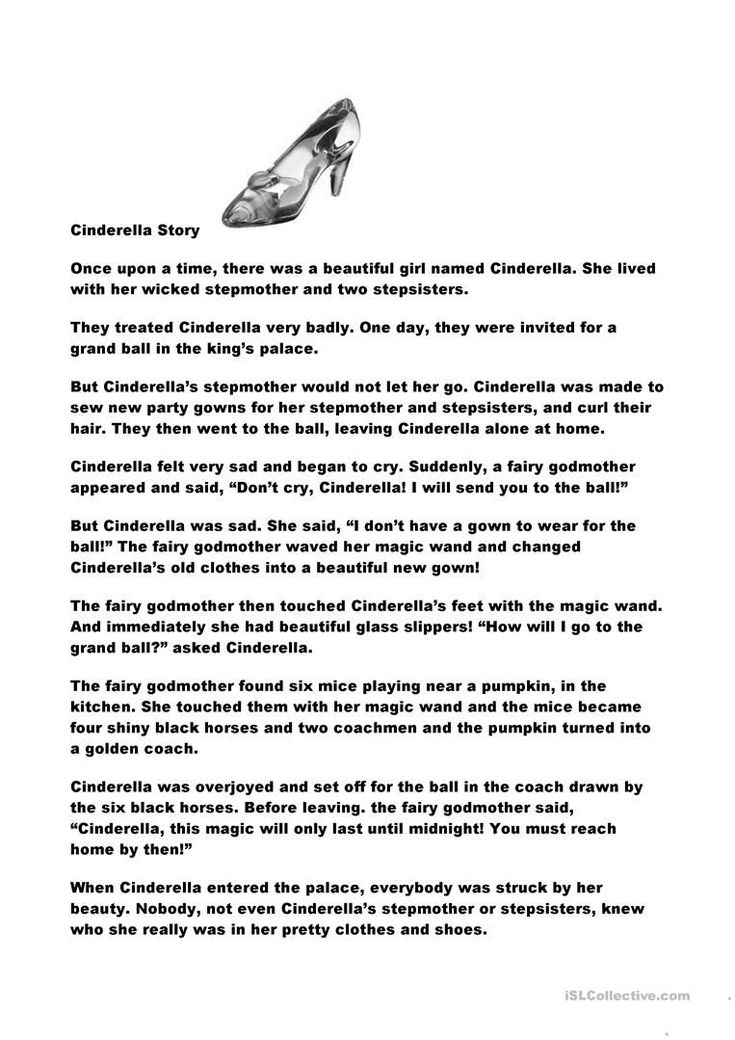
The Once Upon a Child experience can be summed up in one word: EASY.
All the items you bring in must be in-season, washed and stain-free. They don't require an appointment, so I walked in the store with two laundry baskets full of clothes.
I filled out a simple form (name, address, phone number and email address for future coupons and promotions-yay!) and gave the form to the clerk with my clothes.
The employee looked through my stuff while I shopped, then called my name to let me know she was done. The shop picked several items they wanted to buy, presented an itemized list with an offer, and I received a check.
If you don't accept the offer, you can take all your items back without any questions. If you accept their price they write you a check.
The whole process took less than an hour and the store even had a great play area for kids!
While I waited for the clerk to review and total up my items, I had a bit of time to shop around the store. I found their prices to be very reasonable! Higher than a garage sale, but about equivalent to a consignment sale.
This store had baby items, accessories, equipment and kids clothing of all sizes. It was well-organized by size and gender, and very easy to shop. I will definitely be returning to Once Upon a Child. I really enjoyed both the selling and shopping experience!
Once Upon A Child is a national chain store with many locations. Go to their website to find a store near you! https://www.ouac.com
Marybeth's Note: Have you had experience selling used items at a local or national resale shop? What did you think?
how much they pay for the bride and groom and how these traditions create problems in Central Asia
Kalym and dowry: how much they pay for the bride and groom and how these traditions create problems in Central AsiaOctober 29, 2019
Zebo Nazarova, Alina Zhetigenova, Tatyana Yarmoshchuk
What do the parents of the bride and groom pay for in Tajikistan, Uzbekistan, Kyrgyzstan and Kazakhstan and how these wedding traditions affect family relationships, credit history and future generations
"My mother-in-law called me a beggar, spoke badly about my parents and asked where I spent all the money they brought me as a dowry" - this is the story of Aziza from Dushanbe, and it is not unique. The dowry that the parents of the bride give to their daughter, as well as the kalym (payment for the bride) by the groom, remain an integral tradition in the countries of Central Asia. And often - also a source of family problems.
The dowry that the parents of the bride give to their daughter, as well as the kalym (payment for the bride) by the groom, remain an integral tradition in the countries of Central Asia. And often - also a source of family problems.
Aziza got married a year ago when she was 20 years old. The husband's relatives brought $2,000 as bride price. Aziza's father is a military man, his mother is a teacher. To collect a dowry and play a wedding, they took a bank loan for $3,000. Parents bought household appliances, jewelry, kurpachas (mattresses embroidered with national patterns), blankets and pillows, arranged a bedroom in the groom's house and chose gifts for the future spouse's family.
"On the first day after the wedding, my husband's mother-in-law and sisters came into my room and began to check everything that I had brought with me. My presence did not bother them at all: they touched the furniture with their hands, opened the boxes, checked the dishes. The mother-in-law asked why my family did not buy a burner stove. I said that there was not enough money and that it was still in the house. After that, daily reproaches began," Aziza recalls.
I said that there was not enough money and that it was still in the house. After that, daily reproaches began," Aziza recalls.
"I told my parents about it. So that they would not torment me anymore, my father bought a burner stove and brought it back. But even after that, nothing has changed, the reproaches continue to this day. to buy, as they brought a large sum as a kalym,” she continues.
Aziza got married while still a student: “When his parents came to us to get married, my family told them about it, they answered that they were not against my studies at the university. But two weeks later, my husband started arguing with me to make me quit my studies. I declined as it was my last year."
According to her, during the matchmaking, the future mother-in-law said that he had a higher education. “But later I found out that she lied to us. After school, he went to work in Russia and did not go anywhere. If my parents knew that he had not studied anywhere, they would never have given me away for him. But it’s too late "Now I'm in my seventh month of pregnancy. I can't get away from them, because then everyone will talk bad about me, and the second time I won't be able to get married with a child in my arms."
But it’s too late "Now I'm in my seventh month of pregnancy. I can't get away from them, because then everyone will talk bad about me, and the second time I won't be able to get married with a child in my arms."
Price of the bride
In Tajikistan, the bride's dowry is collected when the girl is still in school. The groom, in turn, must pay the bride's relatives. These traditions have been preserved mainly in rural areas and in the south of the country.
Previously, in the northern and eastern parts of the country, the bride was brought sarupo - sets of clothes and shoes. This tradition is still observed in some regions today. But now they often offer money instead of wardrobe items - usually from $ 1 to $ 3 thousand.
The bride's family spends about $5,000 to buy a dowry: they need to buy household appliances, furniture, carpets, a chest with various fabrics, dresses, several pairs of shoes, jewelry, china and bed linen. Also, the bride's family is obliged to equip the newlyweds' bedroom in the future husband's house: buy bedside tables, a chest of drawers, a wardrobe, a carpet and hang curtains. There is another condition: everything must be new and combined with each other. To do this, girls' parents often take loans. The absence of a dowry or inexpensive gifts can cause scandals - the mother-in-law will reproach the daughter-in-law for the "stinginess" of her relatives.
There is another condition: everything must be new and combined with each other. To do this, girls' parents often take loans. The absence of a dowry or inexpensive gifts can cause scandals - the mother-in-law will reproach the daughter-in-law for the "stinginess" of her relatives.
"Not the kind of wife I wanted for my son"
Zebo has three sons. None of them have higher education. They saved money for their weddings by working in Russia.
For her youngest son, Daler, Zebo chose a bride from the countryside. He returned to Dushanbe from Russia this summer and immediately got married. For the first time, Daler saw his future wife during the nikah (Islamic wedding ceremony). The family gave the bride's parents 15,000 somoni (about $1,500) as bride price.
"Since the girl's family was poor, we told them that they didn't need to equip the bedroom: let them buy clothes, kurpachas, household utensils, carpet, household appliances and everything else for themselves," says Zebo.
"But she arrived without anything at all. She bought clothes for herself, a couple of kurpachas, pillows, one carpet, dishes and a chest. From household appliances there was a stove, an oven and that's it. She didn't even bring a washing machine with her. Although we gave kalym $1,500. For rural areas, this is a lot of money," she says indignantly.
"I immediately called her mother and spoke out. She said that they had no money, we had a fight. This is not the kind of wife I wanted for my son," complains Zebo.
"The mother-in-law always tormented the daughter-in-law"
Robia and her future husband started dating while still students, and a year later they decided to get married. Parents agreed on a small dowry by the standards of Dushanbe - $ 1,500. The families decided that with this money the bride should buy clothes and household appliances for herself, but she would not furnish a room in her husband's house.
"This is what my husband's parents suggested. They said that by the time of the wedding they would completely repair the house and equip our room. My family agreed. With this money we bought household appliances, some of the materials to sew national dresses, and spent on some some small expenses, the rest my parents bought with their own money,” says Robia.
They said that by the time of the wedding they would completely repair the house and equip our room. My family agreed. With this money we bought household appliances, some of the materials to sew national dresses, and spent on some some small expenses, the rest my parents bought with their own money,” says Robia.
"We had a wedding, I came to their house. I went into our room, but they did not arrange anything there. My mother approached his parents and raised this issue, but his mother replied that these were our duties, that the room my parents had to arrange it," she says.
“At every opportunity, his relatives tried to offend me because I brought few things for the house with me. My husband noticed this and scolded everyone,” Robia recalls.
According to her, relations with her husband’s relatives are not going well for her: “We don’t get along very well with my mother-in-law. She tries to offend me and reminds me every time that I came to their house empty-handed. wait a little longer until we move to a rented apartment."
wait a little longer until we move to a rented apartment."
"I'm not angry at my husband's family. It's always been the custom with us: the mother-in-law always tormented the daughter-in-law. Our grandmothers endured it, our mothers too, but the new generation is already different. Girls are already beginning to understand that to endure bullying is stupid. If I did not love her husband, she would have left long ago.
"I thought they would bring Turkish clothes, but they were too small"
Similar traditions are observed in Uzbekistan. There, the bride's family, as a dowry, must buy clothes for the future husband and his relatives.
A year ago, a case in Navoi was discussed in social networks, when the groom left his bride because he did not like the clothes given by her relatives.
"They brought Turkish clothes to my friends for sarpo (dowry - NV). I thought they would do the same to me, because she has a wealthy family. But they took care of themselves and brought incomprehensible things - Uzbek knitwear from Gijduvan," said the failed groom on a video shown by the Uzbek state TV channel Yoshlar.
"Mother did not buy a vacuum cleaner, mother-in-law made a scandal"
Problems in Nargiza's family began because of household appliances. “My mother didn’t buy a vacuum cleaner, so my mother-in-law made a scandal. I also answered her rudely. After that, she told my husband: “Take her home, we don’t need her.”
Now Nargiza is 23 years old. Tashkent The husband, whom the girl was forced to marry at the age of 19, left her pregnant
"When the groom's parents came to get acquainted, they promised the moon and stars, so my mother said that you would marry him. My husband was disgusted. I tried to avoid intimacy, but he raped me,” recalls Nargiza.
"When it all started, I was pregnant. I gave birth without a husband. After my husband left me, he took another wife according to Sharia. Divorce won't let me. He doesn't try to find out about the child, no alimony," she says.
Nargiza works as a nurse in a children's hospital. She graduated from college and wanted to go to college: "But after marriage, plans were covered. I do not have a higher education, the salary is $ 50, which I need to support a child and help parents."
She graduated from college and wanted to go to college: "But after marriage, plans were covered. I do not have a higher education, the salary is $ 50, which I need to support a child and help parents."
First money, then matchmaking
In Kyrgyzstan and Kazakhstan, the minimum amount of kalym is now $1,000. The dowry of the bride must be in proportion to this amount or more. The families agree on the amount of bride price in advance, and only after that the groom's relatives go to the bride's house to woo.
The preparation of the dowry begins immediately after the matchmaking. Previously, the mother of the bride arranged a tea party, to which her relatives brought things for a dowry. Now the bride's parents or the bride herself can collect a dowry for herself. It can be very different, but the standard set includes: a bedroom set, dishes, household appliances, clothes and jewelry.
"Fight for dowry"
Now Bakyt is 36 years old, he is married and lives in Kyrgyzstan.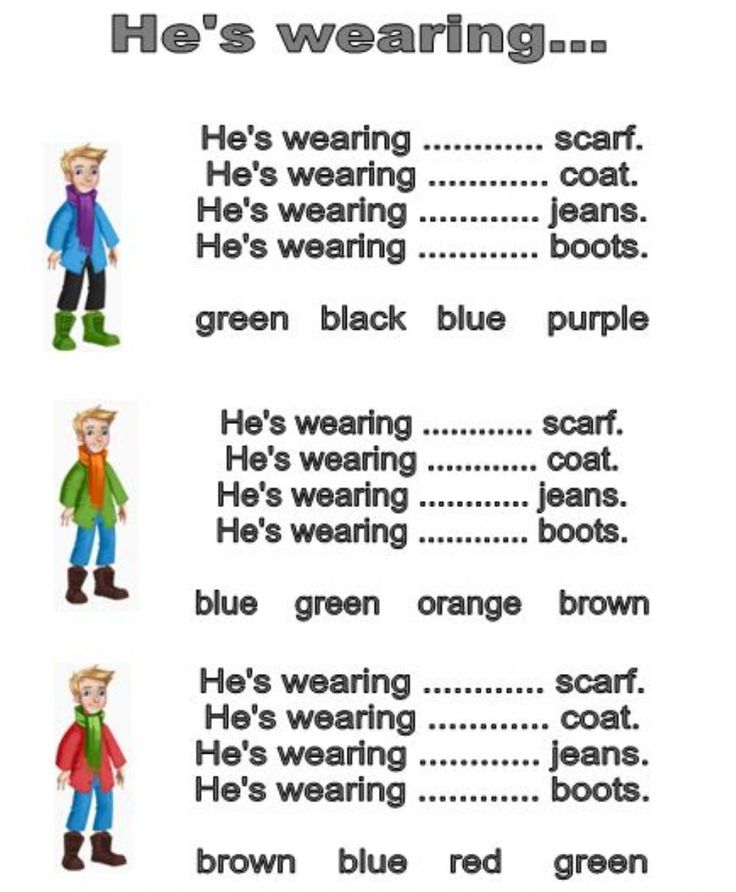 His first wedding did not take place - the families quarreled over bride price and dowry.
His first wedding did not take place - the families quarreled over bride price and dowry.
"I was 22, she was 18. I was in love, and she had no career plans. She was the only daughter from a wealthy family. I am one of four sons of migrant parents," says Bakyt.
“My parents came from Russia and were ready to give $3,000 of bride price, but her family demanded $10,000. They said that her dowry was worth at least $10,000, that they had the most expensive crockery, diamonds, and a car,” Bakyt continues.
According to him, his father began to dissuade him from the wedding, but he insisted: "All the relatives helped with the bride price, and we raised $10,000 with difficulty."
"By that time my fiancee and I had already quarreled many times. I hated her parents, but all hell broke loose when the dowry arrived, as my parents behaved. They began to evaluate the refrigerator and air conditioner, wardrobe and even clothes for her. Then they decided that the amount of all this would definitely not exceed $10,000 and that they overpaid the dowry. "
"
Bakyt's bride went to her parents: "And the next day they arrived and started loading her dowry. Then her uncle asked if I had taken her virginity. Of course, we slept. Then he said that they would take the dowry, but they would not return the dowry , because I took away her “purity.” At that moment, my relatives started a fight for a dowry, if they don’t return the dowry, we won’t give it back.
"It was surreal for me. I looked at my fiancee and realized that I could not be with her, I saw the same thing in her eyes," he recalls.
"I don't need a dowry"
When a Kyrgyz woman, Zhyldyz, married a British man, her family demanded $20,000 in kalym. “I was shocked. My husband is not from a rich family, his mother died when he was ten, his father raised him and his sister alone. They don’t have golden chandeliers and five cars, like my parents,” she says.
Zhyldyz was then 30 years old. She lived and worked in the UK, where she completed her master's degree.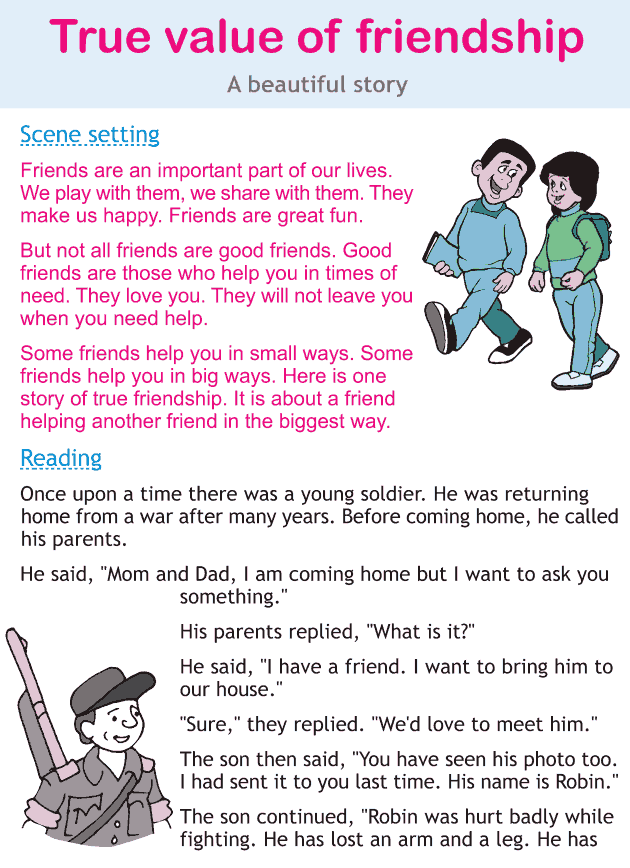 When the bride and groom arrived in Bishkek, all her relatives gathered: “Of course, everyone was very embarrassed that I was getting married at 30. Everyone expressed gratitude to my partner for “taking me so stale.”
When the bride and groom arrived in Bishkek, all her relatives gathered: “Of course, everyone was very embarrassed that I was getting married at 30. Everyone expressed gratitude to my partner for “taking me so stale.”
"Tensions came to a head when my father advised his sister not to send her daughter, who had won a scholarship, to Germany. He told her to marry her daughter so that she would give birth and be happy. I left this meeting. I was told that my relatives decided to collect a dowry for me - someone will buy a refrigerator, someone will buy a microwave, but the condition: my fiancé must give at least $20,000 in dowry," Zhyldyz recalls.
"I told my partner everything. He said he had the money and he would give it if it didn't humiliate me. He put in $30,000, I added my $50,000 from my personal savings to the apartment," she says.
The money was handed over to Zhyldyz's father with a letter: "Have you ever wondered why your sons were in a hurry to get married, but your daughters weren't? Look then, which of your six sisters and mother's three, including her, are happy? Didn't you cheat on her, didn't you Grandfather didn't cheat on Grandma, didn't uncles beat their wives in front of us and without us?Now look at the men, start with grandparents and uncles - well-fed, in love with their professions, fed by wives, they go to be sexually satisfied with other women who also hope for their attention and love. You can say anything, even advice to ruin the life of a girl who has been learning German for three years in order to go to study, simply because you are her mother's older brother, a man, a sage. It was not education that pushed us away from marriage, education "just gave us opportunities. Here's the money, I hope you won't be ashamed of me. I don't need a dowry, we have a microwave and a refrigerator."
You can say anything, even advice to ruin the life of a girl who has been learning German for three years in order to go to study, simply because you are her mother's older brother, a man, a sage. It was not education that pushed us away from marriage, education "just gave us opportunities. Here's the money, I hope you won't be ashamed of me. I don't need a dowry, we have a microwave and a refrigerator."
"Before the wedding, my grandmother gave me her chest, my mother and aunts put their old national jewelry there, my uncle's wife sewed a national dress for me, another grandmother knitted sweaters for my husband and me. It was the best dowry, more than I wanted and expected" , - says Zhyldyz.
"Daughter was taken away, but her husband did not want to give her dowry"
Arkat's daughter from Kazakhstan was kidnapped when she was 17 years old. "We went to the groom - it turned out that he was ten years older than her, but the family is good, the parents are doctors, the family is not poor, and the daughter, it turns out, knew him.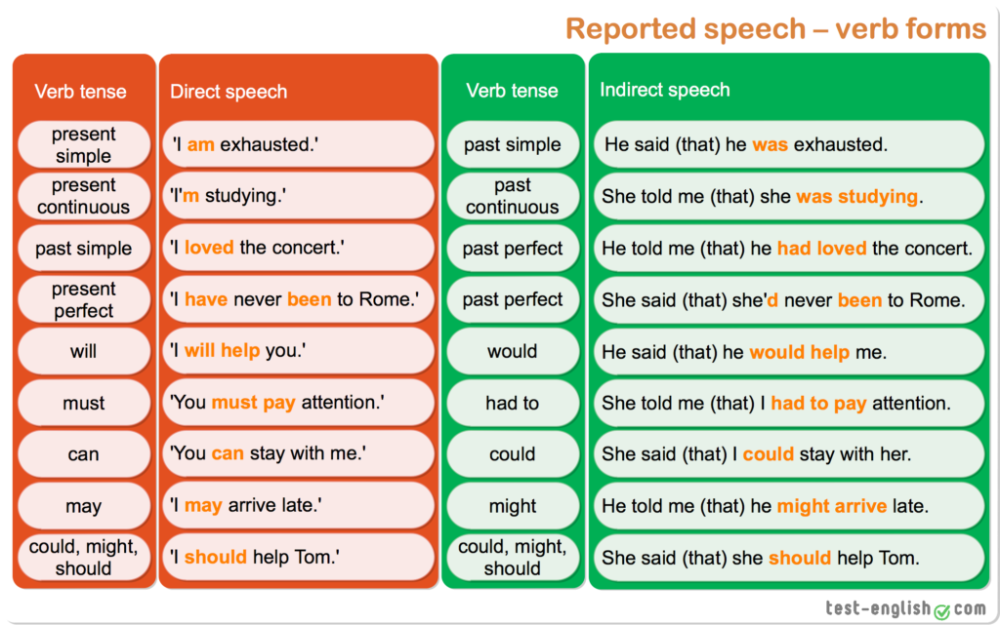 She did not want to stay, but my wife insisted, they say, there would be a shame, and in general, why did you go on dates then, since you were not going to get married.
She did not want to stay, but my wife insisted, they say, there would be a shame, and in general, why did you go on dates then, since you were not going to get married.
Despite the abduction, the girl's family collected a dowry for her. “Earlier, only a samovar, a chest and a carpet were given as dowry, but now it is all household appliances, a diamond set, dishes and clothes. We took a loan from a bank. It cost us a couple of thousand dollars. aki" - a gift for mother's milk - $ 1000 and covered the costs of the wedding. We also spent the loan on gifts to his relatives, "says Arkat.
"A year later, we found out that the husband was beating our daughter, and she had a miscarriage due to the beatings. We offered to take her away, but she decided to stay. And a year later, he wanted a second wife for himself and brought her home to introduce our daughter. We took her. And the dowry was taken for a couple of months. Her husband did not want to give it away. From the bedroom where he already lived with another woman, we took our daughter's things, "he says.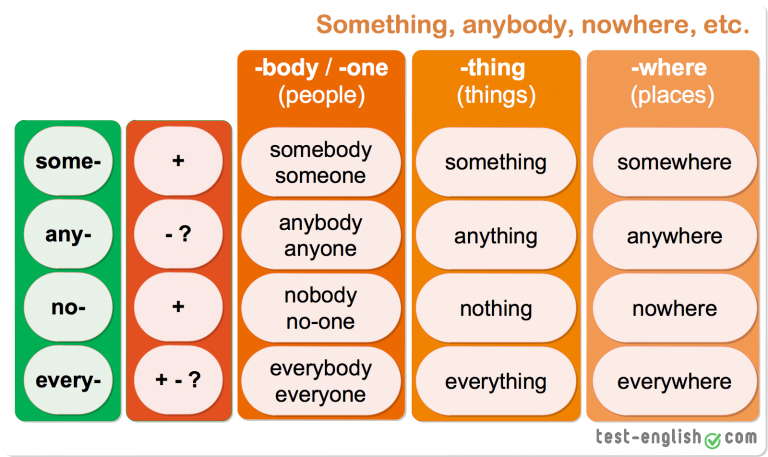
The names of some heroines have been changed at their request
Three types of parents who prevent their children from growing up - Forbes Kazakhstan
PHOTO: Getty Images
How to motivate your own children? Where is the line between parental love and total control and guardianship? How to communicate with teenagers? These questions and more are answered by Rebecca Derlaine, high school teacher of 17 years in Teenager in the House: When You Don't Know What to Say or How to Act. Forbes Woman Russia published an excerpt about the types of parents who, unwittingly, do not allow their children to grow up.
Parents who pay for everything
I have taught in schools where parents of students could pay for almost everything in the world. These weren't just wealthy middle or upper class people who are willing to spoil their children - I'm talking about multimillionaires with private jets and five houses.
My student Krystal was from such a family. Her parents made sure that her hair was dyed every six weeks. Her nails were fixed every ten days. She used expensive cosmetics, wore expensive clothes and shoes. On holidays, she went to exotic places and did not know what it was like to fly economy class. She was not even sixteen yet, and she had already received a brand new BMW as a gift - it was waiting for her at the doorstep, decorated with a giant bow.
Her parents made sure that her hair was dyed every six weeks. Her nails were fixed every ten days. She used expensive cosmetics, wore expensive clothes and shoes. On holidays, she went to exotic places and did not know what it was like to fly economy class. She was not even sixteen yet, and she had already received a brand new BMW as a gift - it was waiting for her at the doorstep, decorated with a giant bow.
This car, which cost $60,000, she learned to drive, so she crashed it two weeks after getting her license. You ask: and what did her parents do after that? Like what — bought her the next BMW! When the students teased Krystal for being a "caddy" behind the wheel and for having her wrecked car replaced immediately (after all, this is really ridiculous), she lightheartedly replied that she liked the color of the second car better, so everything turned around for the better.
Of course, Krystal didn't put the slightest effort into her car, so she wasn't even upset when she crashed it. First, she did nothing to earn money for this car. And since it was one of the many expensive gifts that the girl constantly received, she did not appreciate it at all. Secondly, having broken the car, she was not afraid of the consequences. Mom and dad always rushed to the rescue of Krystal, they had to rush this time too. And it doesn’t matter that she got into an accident because of her own inability: dad’s insurance will cover the damage, and in general, parents should be happy that their daughter was safe. Thirdly, Krystal knew that she would not suffer in any way as a result of her negligence.
First, she did nothing to earn money for this car. And since it was one of the many expensive gifts that the girl constantly received, she did not appreciate it at all. Secondly, having broken the car, she was not afraid of the consequences. Mom and dad always rushed to the rescue of Krystal, they had to rush this time too. And it doesn’t matter that she got into an accident because of her own inability: dad’s insurance will cover the damage, and in general, parents should be happy that their daughter was safe. Thirdly, Krystal knew that she would not suffer in any way as a result of her negligence.
The other car will be delivered before it experiences any inconvenience, so the problem will be solved for it. In short, she did not value the car, was not responsible for it, and was not afraid of the consequences. However, I can guarantee that the parents were proud of both the support they gave their daughter and the fact that they provided her with a luxurious life.
Is it any wonder that Krystal has never worked anywhere and had no household chores.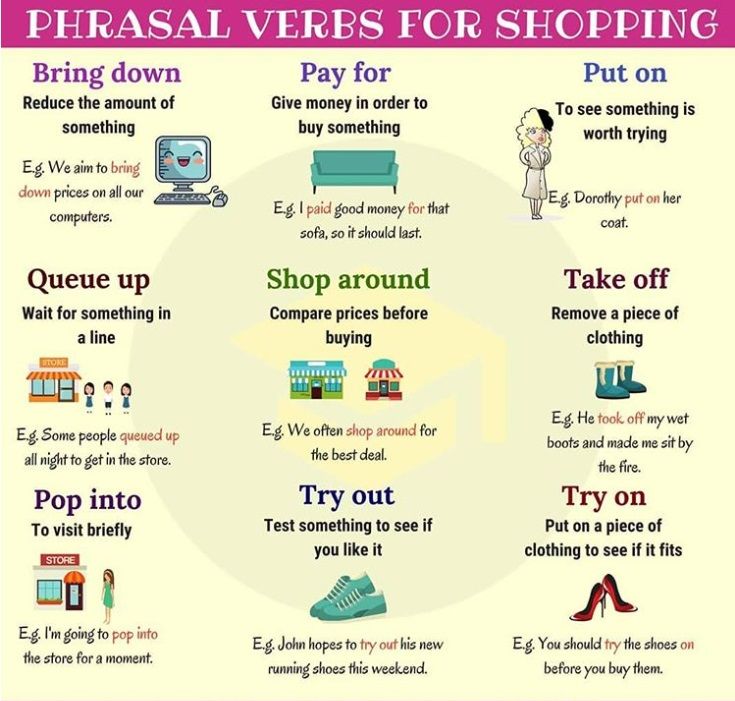 She was rarely scolded for poor performance. If she had problems with her studies, tutors instantly appeared. I don't know what happened to Krystal after graduation, but I can guess. After all, you probably yourself guess what happens to a child who has not been explained: every decision has consequences and sometimes these consequences hurt.
She was rarely scolded for poor performance. If she had problems with her studies, tutors instantly appeared. I don't know what happened to Krystal after graduation, but I can guess. After all, you probably yourself guess what happens to a child who has not been explained: every decision has consequences and sometimes these consequences hurt.
You may not be as rich and indulgent as Crystal's parents, but ask yourself a few questions. Do you pay for your children's every whim without requiring them to somehow earn their privileges and pleasures? Do you allow your teens to think that after they graduate from college or get a job, they will live the same life that you provide them today? Do they have the responsibility and common sense to work to provide for themselves? Do they understand that they will not always be able to afford everything they want? Are they grateful for what you give them, and do they value their things?
Remember, you don't have to be rich to spoil your children. If you do not teach them gratitude and the right attitude to work, they may end up being spoiled, regardless of the size of the family income.
If you do not teach them gratitude and the right attitude to work, they may end up being spoiled, regardless of the size of the family income.
Parents who treat their teenagers like children
Parents can show this attitude in a variety of ways. As a rule, at the same time they want to show their love for children by doing something nice for them. I am not saying that this is bad, but it is important to understand that doing everything for children is not really love. This situation harms the child and depresses his self-esteem. High school gives you four years to gradually loosen and remove parental control over children, to give them responsibility for their lives. You will always have the opportunity to demonstrate love for children. But doing everything for them is not the right way, and you should not abuse it.
Andre loved his parents, especially his mother, who carefully controlled his every step in high school. She packed a bag of food for him to school every day, washed his clothes, cleaned his room, and made his bed for him while he was at school. Mom collected and sorted out her son's portfolio, kept his school diary and remembered the deadline for submitting all his works.
Mom collected and sorted out her son's portfolio, kept his school diary and remembered the deadline for submitting all his works.
Parents took Andre to the cinema, to figure skating classes, to friends - in general, wherever he needed. Their plans depended on André's schedule, but father and mother were fine with that. Andre, you know, too.
What didn't suit him was that his parents treated him like a child in other areas of his life. They spoke to him as if he needed a long explanation of every little thing. They didn't ask for his opinion, but simply told him what he should think, based on long family traditions. They always wanted to know where he was and with whom, and called him almost hourly. Andre had to call his parents every time he got out of somewhere and headed for another place: once when he got out, another when he successfully got there. If he had problems at school, his parents intervened immediately and insisted on meeting with the teacher before Andre tried to deal with the situation on his own. In short, the parents completely suppressed the teenager: sometimes out of concern for him or because they always resolved issues in this way. But the main reason was that since Andre's early childhood, they had not loosened the reins.
In short, the parents completely suppressed the teenager: sometimes out of concern for him or because they always resolved issues in this way. But the main reason was that since Andre's early childhood, they had not loosened the reins.
I had students who needed to contact their parents during the day. What for? I have not the foggiest idea. But imagine the picture: in the middle of the lesson, the phone rings. I go to the student to take the device from him, and whose name do I see on the screen? MOTHER. There was no way in the world I could have guessed why parents would need to tug at their child during lessons. I know mothers who are ready to drop everything and run to school to bring their child a forgotten breakfast. I've seen them pick up kids from school and wait in cars for an hour instead of letting their fourteen-year-old kids get on the school bus and drive home in ten minutes. The level of overprotection is amazing, and children perceive it very painfully.
They love to be taken care of, it's nice to know that their parents care about them, but they hate to be treated like babies. Prepare your kids' favorite meal for dinner, sign them up for driving classes, support their social circles, and keep your home open to their friends.
Prepare your kids' favorite meal for dinner, sign them up for driving classes, support their social circles, and keep your home open to their friends.
But please don't take care of them like babies. By doing this, you are doing them a disservice, depriving them of the opportunity to grow up and make decisions on their own.
Parents who do not prepare their children for the future
This group is the easiest to get into, because the time you are destined to spend with your children flies by instantly. It is easiest to do what you have always done, because it takes a lot of effort to think and plan for change. It is unlikely that in your diaries there is an entry like: “Sit down and calmly analyze whether I am coping with my parental responsibilities.” And even more so, it is unlikely that such a record is repeated in it monthly or weekly. I encourage you to reflect regularly on how you are helping your children prepare for an independent future when you can no longer be around to give advice and guidance.
I interviewed more than a hundred of my students, current and former. I asked them one question: in what area do they not feel independent. The most common answer was: "Finance". Did you know that most high school students don't know how to write a check? If their parents set up bank accounts for them, then the children, as a rule, cannot say anything about these accounts. That is, they do not know the amount on the account, they do not know if any fee is charged for servicing these accounts, they are not interested in how much interest has accrued. Most teens don't have their own credit cards, which I understand, because parents are terribly afraid that their children will make expensive purchases, run into debt or fail to top up their account on time and run into huge penalties. This is a real cause for concern, but there is a relatively simple solution to such a problem: before handing a credit card to a child, teach him everything necessary. Start with the main thing - choose a card with a low credit limit for it.
There are credit cards designed specifically for schoolchildren, they have a low credit limit, additional protection against hacking and preferential terms for beginners who forget to pay off their debt on time. Explain to the children how and when to use this card. Treat this explanation as a learning task - that is, every word should be extremely clear.
The same applies to the checkbook and debit card. And don't assume, as I once did, that your kids understand the difference between a debit card and a credit card. Probably not. Again, explain to them when to use each of them and when not to. Today's kids love to shop online, and they're bound to use debit cards to do so until you give them all the reasons why they shouldn't. Once in college, most of them will order textbooks online. They need to know how to use a credit card responsibly and how to recognize reliable websites and merchants. In general, kids need to be taught how to handle money properly. This means that they must keep their checks, credit cards, and debit cards in a safe place; review monthly bank statements for errors; save and view receipts for purchases; know the rules and restrictions of your cards and your bank; be able to fill in and out bank orders, etc. It is necessary to discuss with the children where the money comes from and where it goes. Then your children, having entered independent life, will be quite competent in basic financial matters.
It is necessary to discuss with the children where the money comes from and where it goes. Then your children, having entered independent life, will be quite competent in basic financial matters.
If you have not yet explained the "money matter" to them, you should do so as soon as possible. Suppose your children are working, then convince them to set aside a certain amount of each salary, at least five dollars. Explain to them as early and convincingly as possible that this is necessary. There has always been a rule in our family: money must be spent responsibly. However, the child could always spend the donated money as he wanted, unless the donor specified some specific purpose for this money. Your children, like adults, should have the right to receive cash gifts, so give them money from time to time. The main thing is to treat teenagers in financial matters as adults. Let them listen to you and benefit from your experience. Constantly remind them how important it is to handle money properly, but do not deprive them of the opportunity to enjoy unexpected luck.












